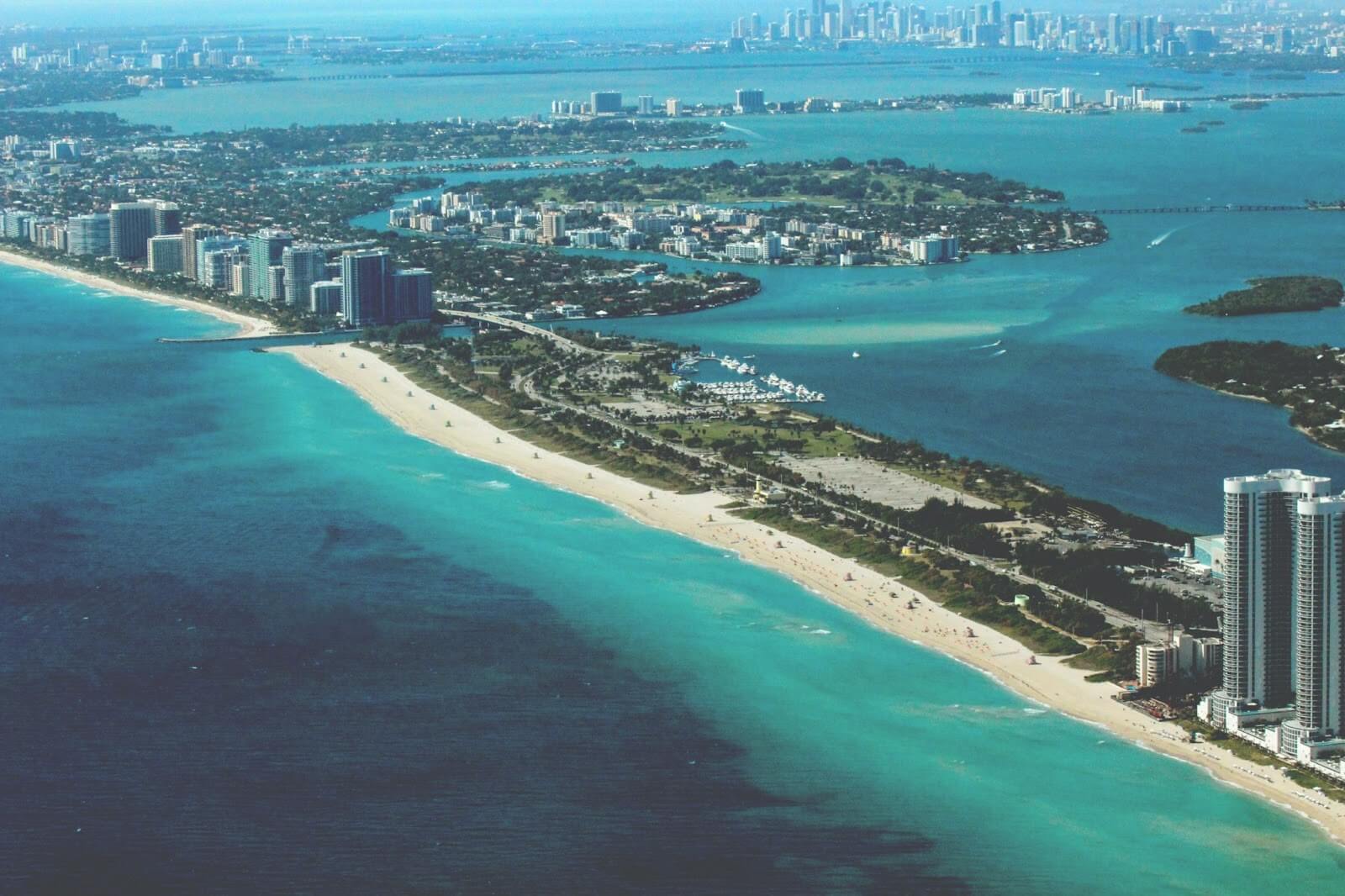Florida's homestead law is a legal provision in the Florida Constitution that provides certain protections and benefits to homeowners who make their primary residence in the state of Florida. Since the law gives homeowners strong protections from creditors and bankruptcy, it plays a key role in your estate plan.
Key Provisions of Florida's Homestead Law
The Florida homestead law is found firstly in Article X, section 4(a) of the Florida Constitution. The Homestead Law includes several key provisions. The first one is the Property Tax Exemption. Florida's homestead law grants homeowners a property tax exemption on a portion of the assessed value of their primary residence. This exemption can result in significant savings on property taxes. The exemption applies to the first $50,000 of the property's assessed value if it is your permanent residence. Homeowners receive an additional exemption of up to $25,000 if the property value is between $50,000 and $75,000. This exemption is not applied to school district taxes.
The second provision provides Protection from Creditor Claims. In most cases, your homestead property is exempt from being forcibly sold to satisfy unsecured debts or judgments. This protection is subject to certain limitations and exceptions, such as mortgage debt, property taxes, and certain liens.
The third key provision of the law has to do with the Size of the Property. Typically, the homestead can be up to half an acre within a municipality and up to 160 acres outside a municipality. However, there can be exceptions, so it's essential to be updated with your jurisdiction's guidelines.
There is also an Ownership Requirement. In other words, to qualify for homestead protection, you must own and occupy the property as your primary residence. Seasonal or secondary residences do not qualify. This rules out benefits for Florida's snowbirds.
In addition, the law addresses Transfer of Homestead. If the owner of a homestead property passes away, the surviving spouse or heirs may be entitled to continue receiving the homestead exemption and protection, provided certain conditions are met.
Who Qualifies for a Homestead Property Exemption?
In order for the homestead exemption to apply, the home must be owned by a Florida resident. It can also be owned in the name of a revocable trust. However, the homeowner can't be a corporation. If you have both Florida and non-Florida residences, you won't qualify unless you meet the requirements for being a Florida resident. The most important factor in making this determination is whether you spend most of your time in Florida rather than in another state.
A person cannot have more than one homestead property, so if you own more than one property in Florida, you can only make one your homestead.
What Benefits Does Homestead Law Give Against Bankruptcy and Creditors?
In Florida, your creditor can't force the sale of your homestead to satisfy a judgment. One major exception to this rule is that the IRS and creditors associated with the property can still force a sale. So, if you have unpaid taxes, the IRS can still put a lien on the property. If your creditors are contractors who worked on the homestead, then they still have the right to put a lien on the home.
With respect to bankruptcy, the homestead law prevents a trustee from liquidating a homestead to satisfy a creditor. However, the law doesn't allow someone to move to Florida with a plan to evade a creditor. So, this protection only applies if you have lived in Florida for a minimum of 40 months before the bankruptcy. Those who have lived in Florida for less than 40 months will see their exemption capped at $160,375.
Who Can Inherit a Florida Homestead Property?
The rules regarding who can inherit a Florida homestead property are as follows:
-
Surviving Spouse: The surviving spouse of a deceased homeowner is generally entitled to inherit the homestead property, regardless of the provisions made in the deceased spouse's Will. This includes both legally married spouses and same-sex spouses.
-
Minor Children: If the deceased homeowner does not have a surviving spouse, minor children (under the age of 18) may inherit the homestead property. The property will be held in trust for the minor children's benefit until adulthood. A guardian is typically appointed to manage the property on behalf of the minors.
-
Surviving Spouse with Minor Children: If the deceased homeowner has a surviving spouse and minor children, the spouse takes a life estate. This enables them to live on the property for the remainder of their life. The children receive shares of the remainder of the estate. The law gives the surviving spouse the option of taking a 50% interest as tenants in common with the children, with no life estate.
-
Adult Children or Other Dependents: Adult children or other dependents who lived in the homestead with the deceased homeowner may also have a right to inherit the property under certain circumstances, provided they can demonstrate a financial dependency on the homeowner.
-
Lineal Descendants: If the homeowner does not have a surviving spouse, minor children, adult children, or other dependents, the homestead property may pass to lineal descendants, such as grandchildren or great-grandchildren, under certain conditions.
How Does Florida Homestead Law Impact My Will?
Florida's homestead law is written in the state's constitution and, therefore, takes priority over what you put in your Will. This means you can't simply give your house to your children and disinherit your spouse, for example. According to section 733.607 of the Florida Statutes, homestead property is not considered part of the probate estate. However, the probate court sometimes gets involved, such as when the court needs to determine whether the real estate is a qualifying homestead. This is covered by Florida Probate Rule 5.405.





